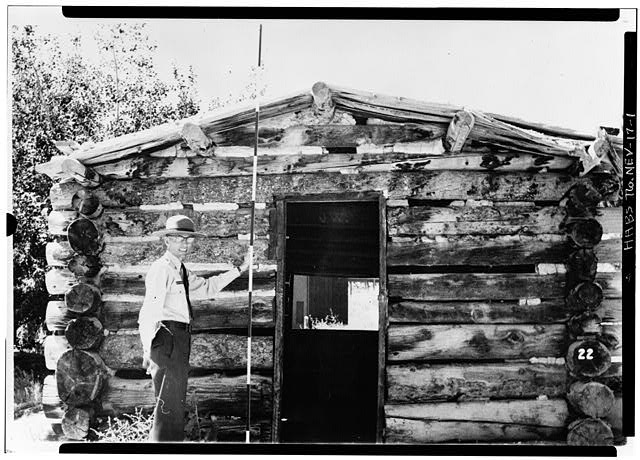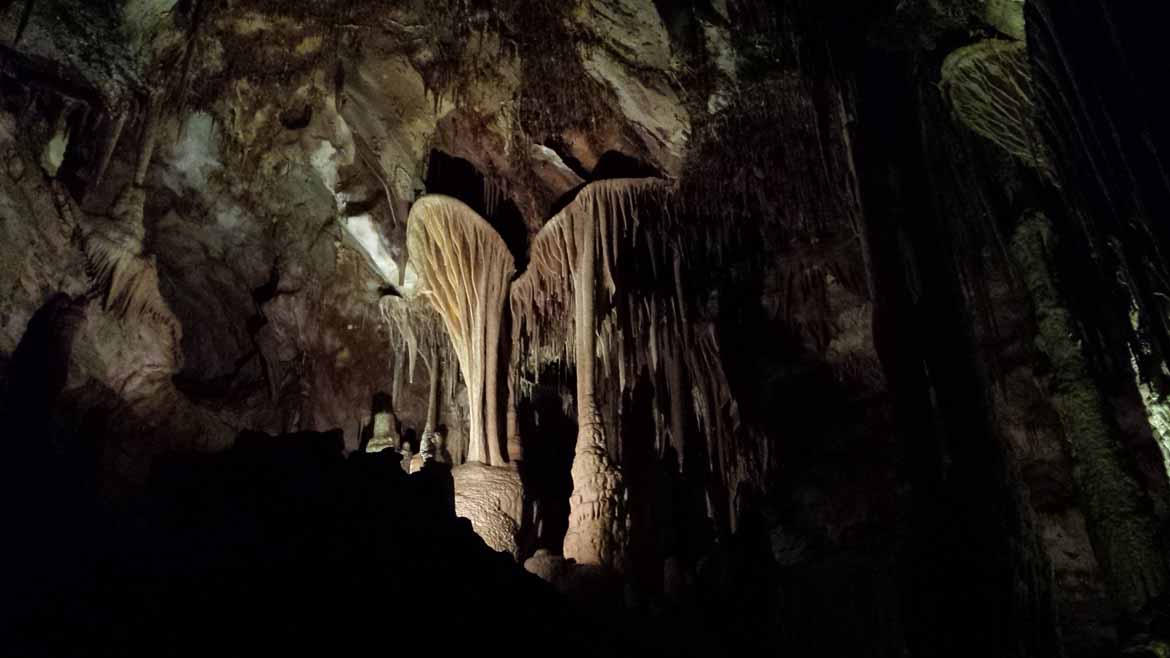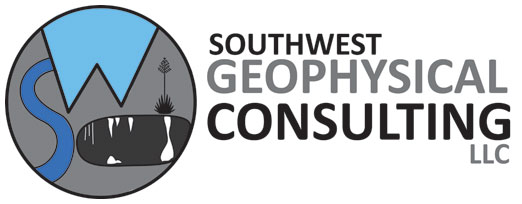

Next to the Lehman Caves Visitor Center sits the historic Rhodes Cabin. The cabin was built in the 1920s by Clarence and Bea Rhodes, who were Forest Service custodians of Lehman Caves at the time. Today it contains interpretive exhibits. The cabin has been moved from its original location, restored, and placed on a concrete foundation. It was placed on the National Register of Historic Places in 1975 because of its association with the early tourist industry at Lehman Caves. Library of Congress image.
We're still working out the details for this trip. Please check back as we get closer to our event dates.
Both of our field trip options will be self-driving and depart from the Bristlecone Convention Center on Wednesday morning. Lunch will be provided. No technical gear will be required. A full itinerary will be included in your program book and on-site interpreters will be stationed at established stopping points. Groups will return to the convention center in early evening.
Poster sessions and a social networking event are planned at the convention center upon our return.
Points of interest on this trip might include;
Great Basin NP Visitor Center
Walking tour of the Lehman Caves
Cave Sim exhibit
Archaeology presentations
NPS BioBlitz discussion
Historical photo exhibit
Rose Guano Cave & bat roost presentation
BLM's Sacramento Pass restoration
Swamp Cedar Natural Area

Lehman Caves is one of the largest and most dazzling cave systems in the Silver State and has been stunning visitors since the 1800s. This immaculate cave system was discovered by Absalom Lehman in the late 1880s after experiencing an uncharacteristically cool breeze coming out of the ground. Image provided by the Nevada Commission on Tourism.
Learn MoreThe official event schedule for the 2025 NCKMS has now been updated. Please check our schedule page or download a PDF to your mobile device.

Southwest Geophysical Consulting provides geophysical consulting to industry, ranchers, homeowners and government in karst and pseudo-karst areas of New Mexico and surrounding states,